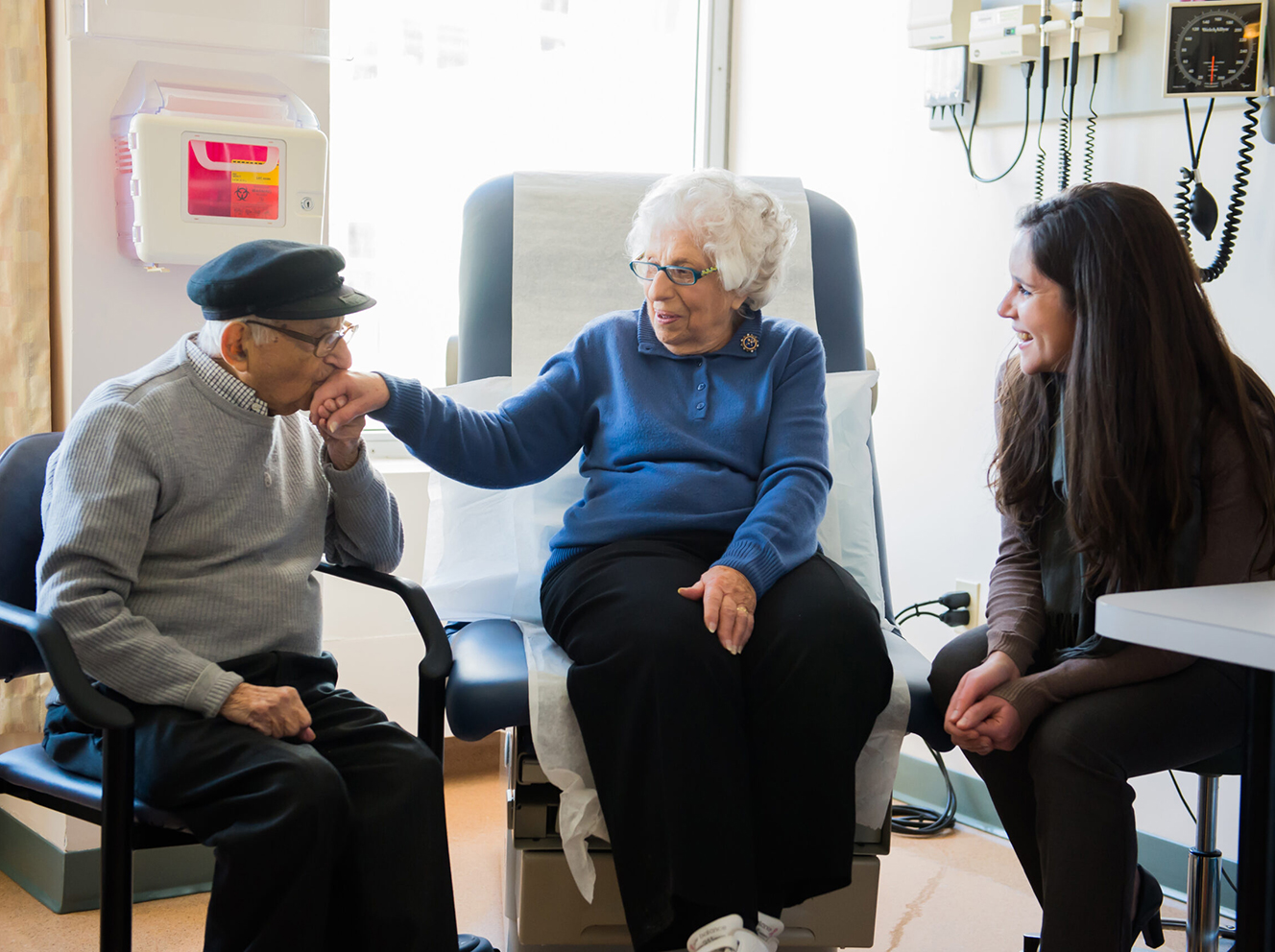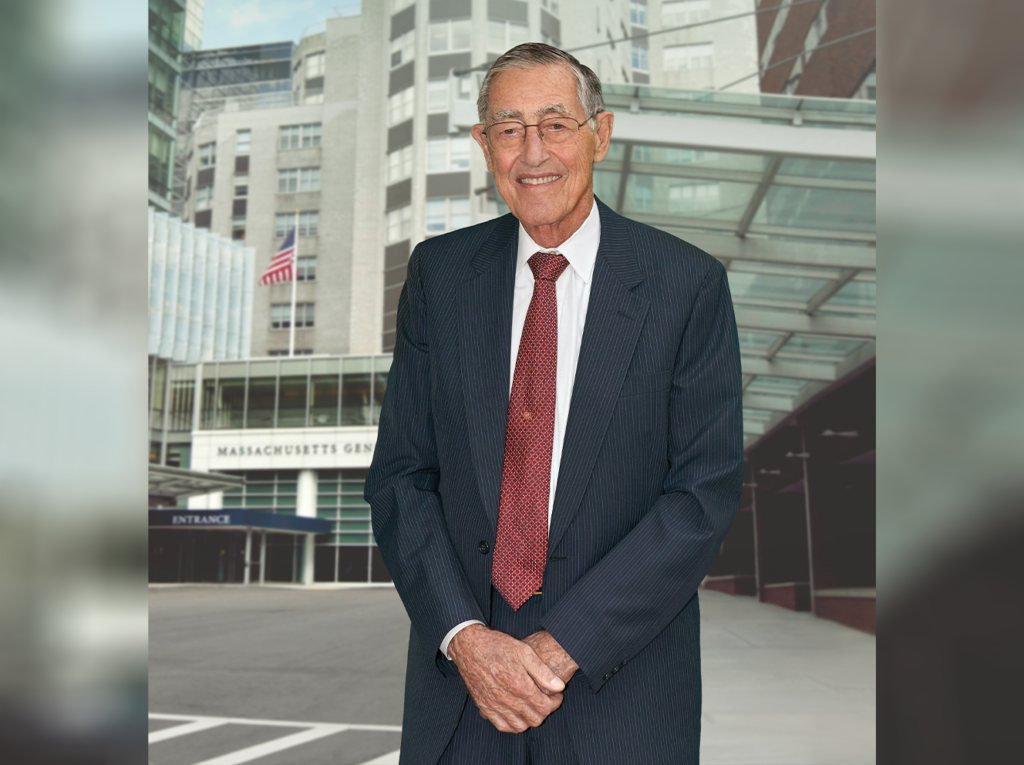For most of us, life will end with an illness. So, what does it mean to live well in the face of a serious illness? For some, it might mean relief from pain or shortness of breath. For others, it might mean weighing the burdens and benefits of different treatments.
“The goal of palliative care is to help patients live their best life while navigating a serious illness,” says Vicki Jackson, MD, MPH, chief of the Division of Palliative Care and Geriatric Medicine and Blum Family Endowed Chair in Palliative Care at Massachusetts General Hospital.
Unlike hospice, which focuses on care in the last six months of life, palliative care helps patients and families live with the physical and emotional stress of illness at any age or phase of the disease. Palliative care is provided by an interdisciplinary team of doctors, nurses, social workers and chaplains who help patients with everything from symptom management to developing a deeper understanding of their illness and coping with the decisions that lie ahead.
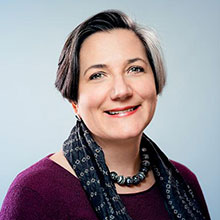
Studies have shown that palliative care improves quality of life and mental health, and in some cases can even prolong survival. But demand for palliative care far outstrips its availability. It’s estimated that there are 50 million people in the world who would benefit from palliative care but aren’t receiving it. And that number is expected to more than double in the coming years.
Mass General Palliative Care is innovating to meet this challenge head-on by developing new approaches to training the next generation of clinicians, conducting innovative research and building global collaborations that improve access.
“As demand grows, the things that we are learning and developing at Mass General will not only improve the care for our patients; they will make a difference for patients all over the world,” Dr. Jackson says.
Educating Clinicians
Palliative care principles often get short shrift in medical education. “Most clinicians are not trained in the complex conversations seriously ill patients and their families need,” says Mihir Kamdar, MD, section head, Division of Palliative Care and Geriatric Medicine.
Enter the Continuum Project. Since 2017, this program run by Mass General Palliative Care has trained more than 3,000 clinicians across nearly every department in how to approach serious illness conversations with patients. Through skills-based workshops, clinicians learn ways to more deeply understand what is important to a patient living with serious illness.
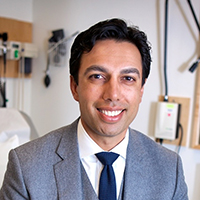
“We’ve seen a major culture change across Mass General, as clinicians become more comfortable with these conversations,” Dr. Kamdar says. “We hope the Continuum Project can be a national model for this work.”
Building Partnerships
The Global Palliative Care Program (GPCP) was launched in 2020 to expand access to palliative care around the world. The GPCP builds on the work of Mass General global palliative care pioneer Eric Krakauer, MD, PhD. Program co-directors Bethany-Rose Daubman, MD, and Mark Stoltenberg, MD, develop educational materials and partner with palliative care leaders in low- and middle-income communities to educate clinicians to improve the care for patients and families.

“The World Health Organization identifies access to palliative care as a human right,” Dr. Daubman says. “Our Global Palliative Care program aims to improve care for those who do not have access to palliative care.”
The program is currently working with collaborators in Brazil, Chile and Jamaica and hopes to add additional partners in the future.
“The need for palliative care is immense, but the good news is that expanding education is incredibly feasible,” says Dr. Stoltenberg. “A thoughtful investment in the right person is often all you need to make a dramatic improvement.”

Building a Research Community
By 2050, people aged 60 and over will make up more than a quarter of the world’s population. To prepare for this demographic tidal wave, health care systems must adapt. The Mass General Center for Aging and Serious Illness (CASI) was founded in 2019 with this goal in mind.
With a strong pipeline of investigators and a research portfolio that ranges from dementia to heart failure to navigating multiple chronic conditions, CASI is establishing itself as a national leader in understanding how to serve the complex health care needs of older adults and those with advanced illnesses.
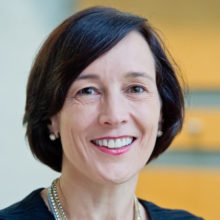
“Through research, we’re looking for ways to optimize care of the seriously ill and older adult patient. We are developing and testing ways to integrate palliative care principles into the multiple dimensions of care delivery, from the clinic to the hospital to the home,” says Christine Ritchie, MD, MSPH, director of research for the Division of Palliative Care and Geriatric Medicine, and the Kenneth L. Minaker Chair in Geriatrics.
Improving Quality of Life
Liver disease is the fifth leading cause of death in American adults age 25 to 64. Patients with liver disease are often invisible to the medical system and endure untreated symptoms, and poor mental health, and can lack the support needed to navigate the difficult road to possible transplant.
In 2021, Mass General transplant hepatologist Nneke Ufere, MD, MSCE, partnered with the Division of Palliative Care and Geriatric Medicine to launch a program to help manage these complicated challenges. LiverPal brings palliative care experts into the care of patients with advanced liver disease to help improve symptom management, provide increased psycho- social support and make the complicated medical decisions that are part of living with this unique serious illness.

“The effect has been dramatic,” says Dr. Ufere. “By helping patients manage their physical and psychological symptoms, they live better. The palliative care team partners closely with patients and families to help them navigate the uncertain and difficult future of living with liver disease.”
“Palliative care is the core of good medicine and embraces our humanity in the deepest sense,” says Dr. Jackson. “I couldn’t imagine anything more rewarding than helping patients and families live well in the face of serious illness.”
To learn more about how you can support the innovative efforts of Mass General’s Palliative Care team, contact us.
